A recent in-depth report from the Washington Post detailed the 70 day period between President Donald Trump's first knowledge of the virus and his eventual acknowledgment that the pandemic—which has killed over 10,000 people in the United States—poses a serious threat.
Trump's constant dismissal of the virus wasn't for lack of experts and longtime lawmakers warning him of the possibilities, as Washington Post opinion writer Greg Sargent points out.
With the loss of thousands of lives and millions of jobs, the 2020 presidential campaign—a mere seven months away—has been rightly, but unexpectedly, upstaged.
But in the face of what may be the definitive crisis of Trump's first term in office playing out in real time, it's worth comparing statements from Trump to the likely 2020 Democratic candidate and former Vice President Joe Biden to see how this may have played out with a different leader in the Oval Office.
Sargent notes that on January 24, Trump said of the virus:
"It will all work out well."
Only three days later, in an op-ed for USA Today, Biden warned that the virus:
"will get worse before it gets better."
Another three days later, Trump claimed at a rally that the virus was under control.
On February 1, Biden posted this tweet.
The very next night—with eight reported cases in the United States—Fox News host Sean Hannity asked the President how concerned he was about the virus.
Trump said:
"Well, we've pretty much shut it down coming in from China. We have a tremendous relationship with China, which is a very positive thing...We're gonna see what happens, but we did shut it down, yes."
Just under a month ago, on March 9, Trump claimed:
"Well, this was unexpected. This was something that came out of China, and it hit us and many other countries. You look at the numbers; I see the numbers with just by watching you folks. I see it — it's over 100 different countries. And it hit the world.
And we're prepared, and we're doing a great job with it. And it will go away. Just stay calm. It will go away."
Just two days later, Biden warned of the dangers posed by a President who seeks to assure Americans on baseless dismissals rather than preparation and honesty:
"Unfortunately, this virus laid bare the severe shortcomings of the current administration. Public fears are being compounded by pervasive lack of trust by this president, fueled with adversarial relationships with the truth he continues to have."
Sargent lists numerous contrasts between Biden's and Trump's statements on the virus. To many, the choice was clear:
Some hope Biden will turn the statements into an effective campaign ad once the virus is finally under control.
There's an uphill road before the virus is finally under control, but these statements show just how consequential elections are and how important it is to vote.

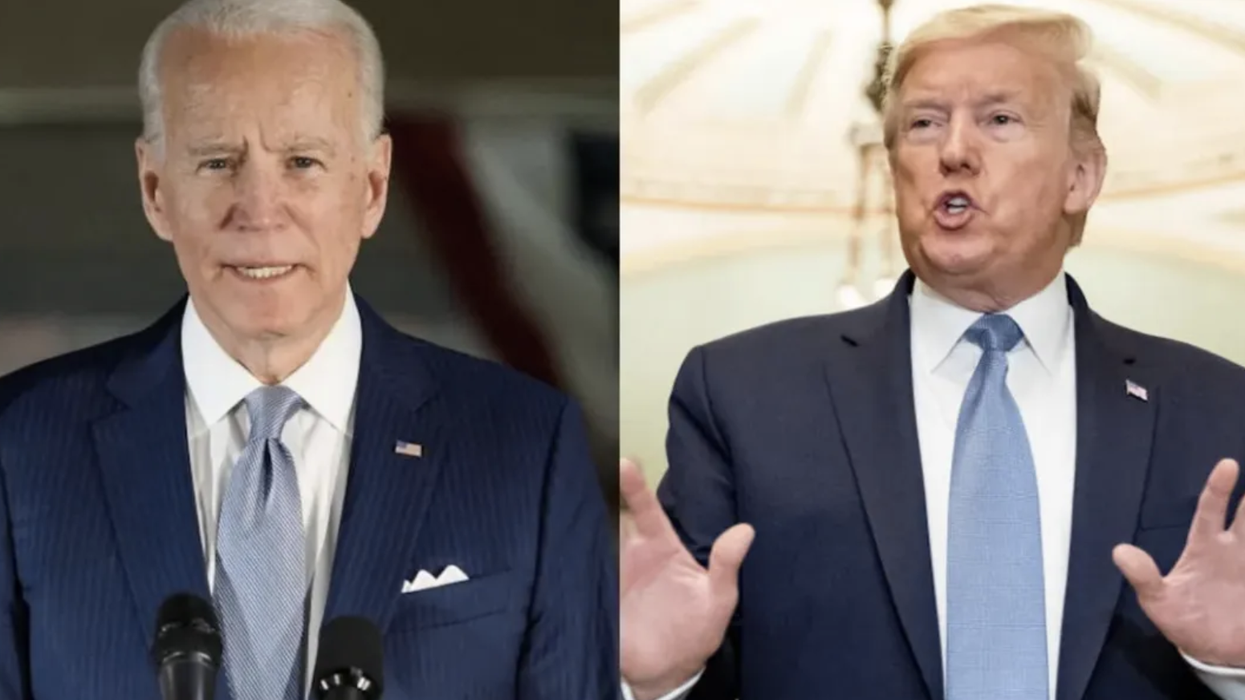

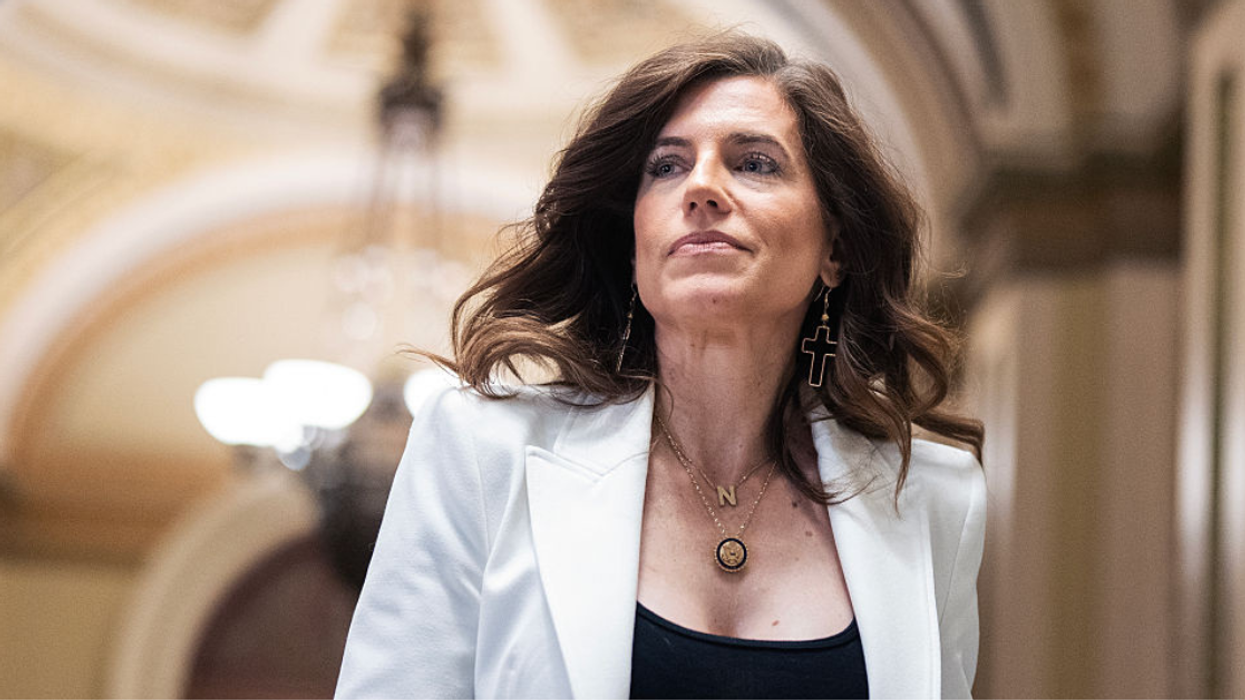
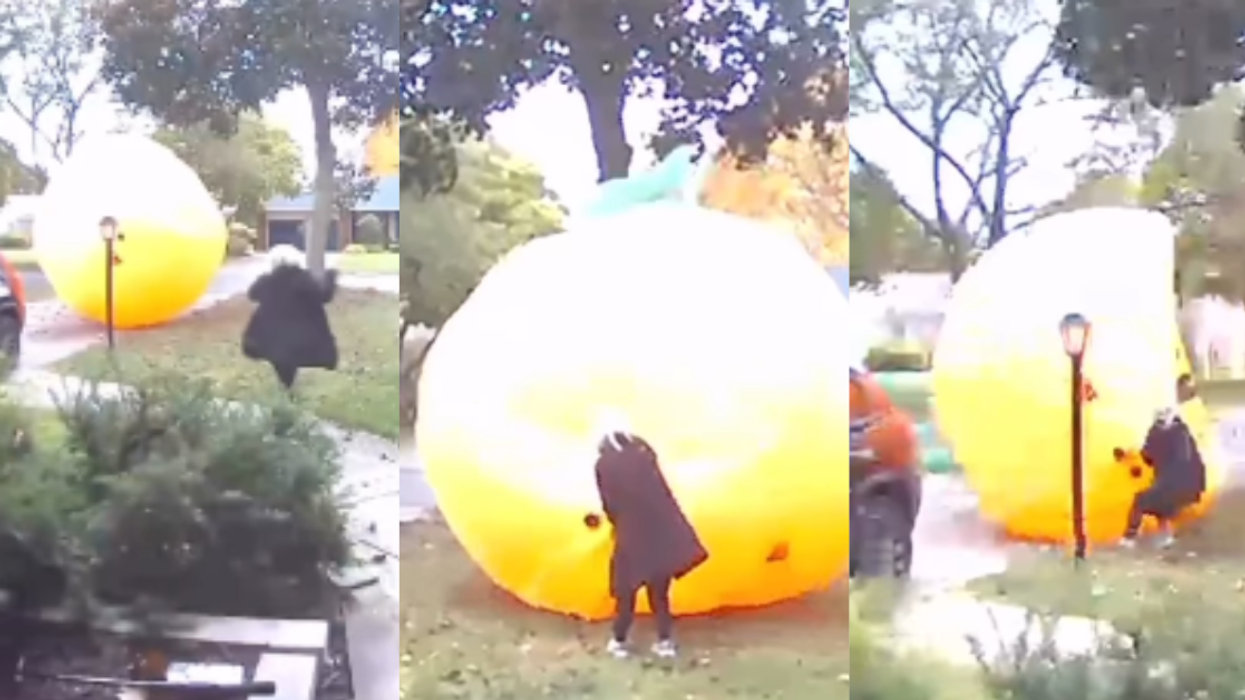
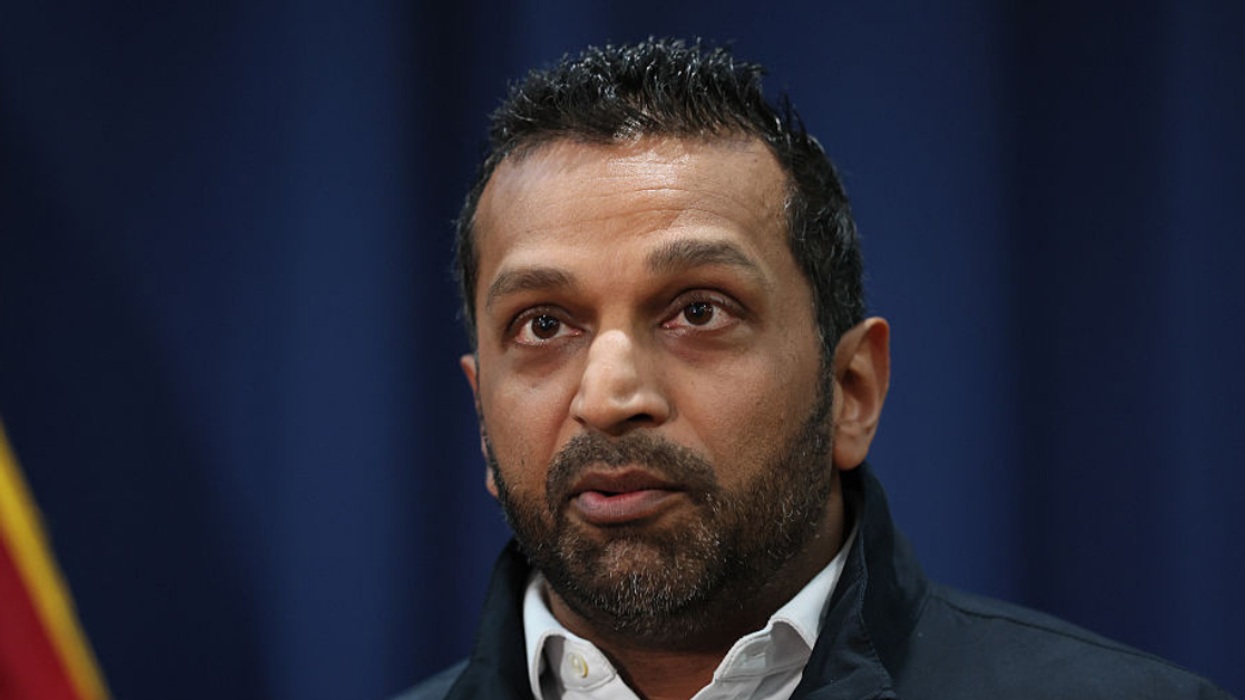

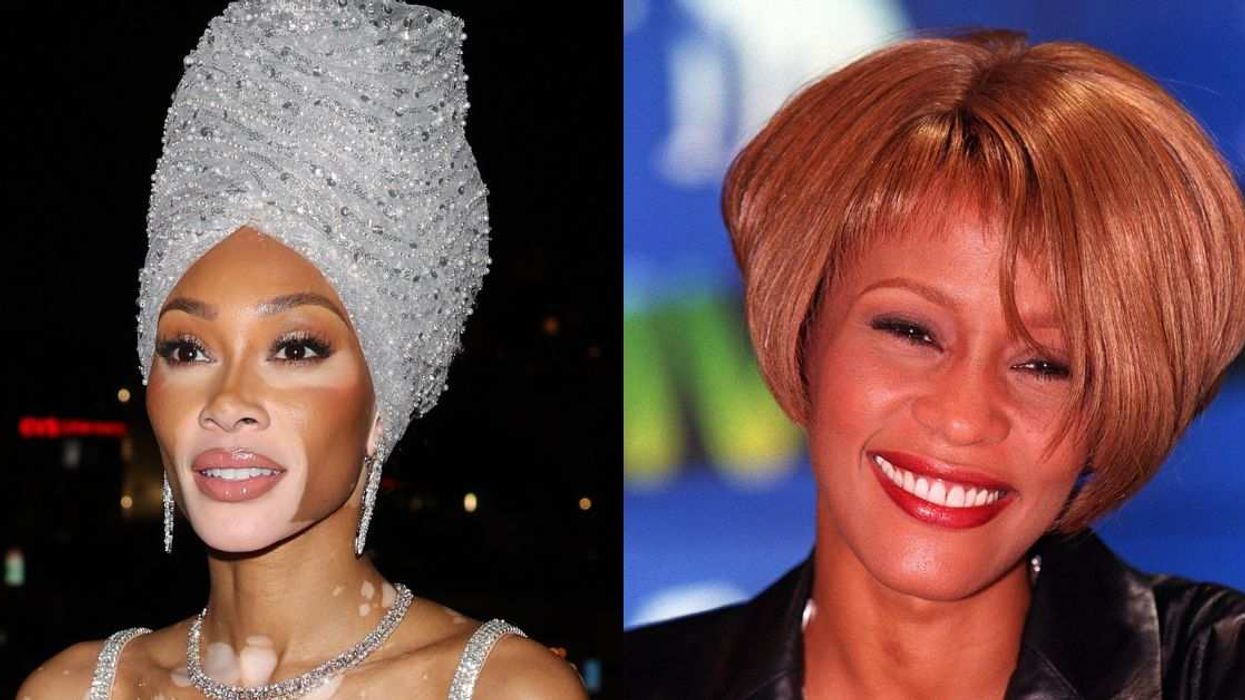

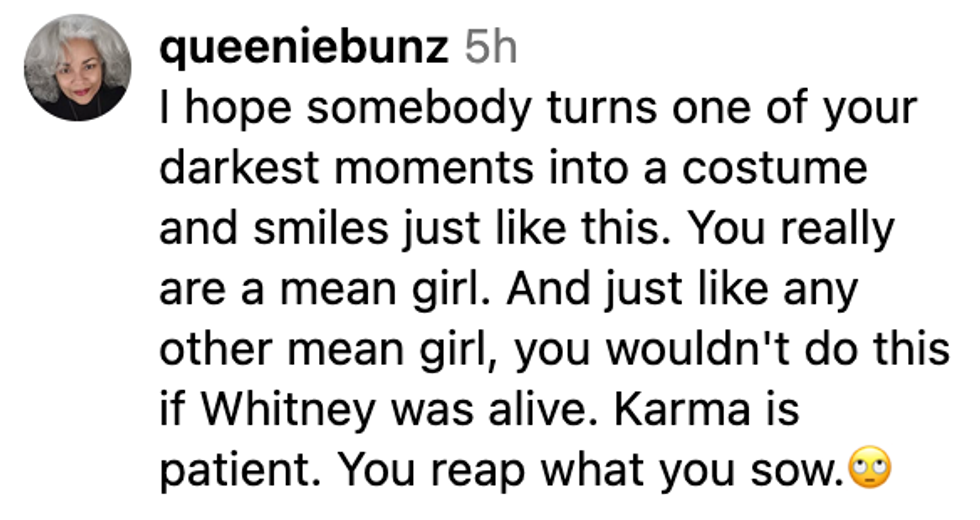

 @winnieharlow/Instagram
@winnieharlow/Instagram




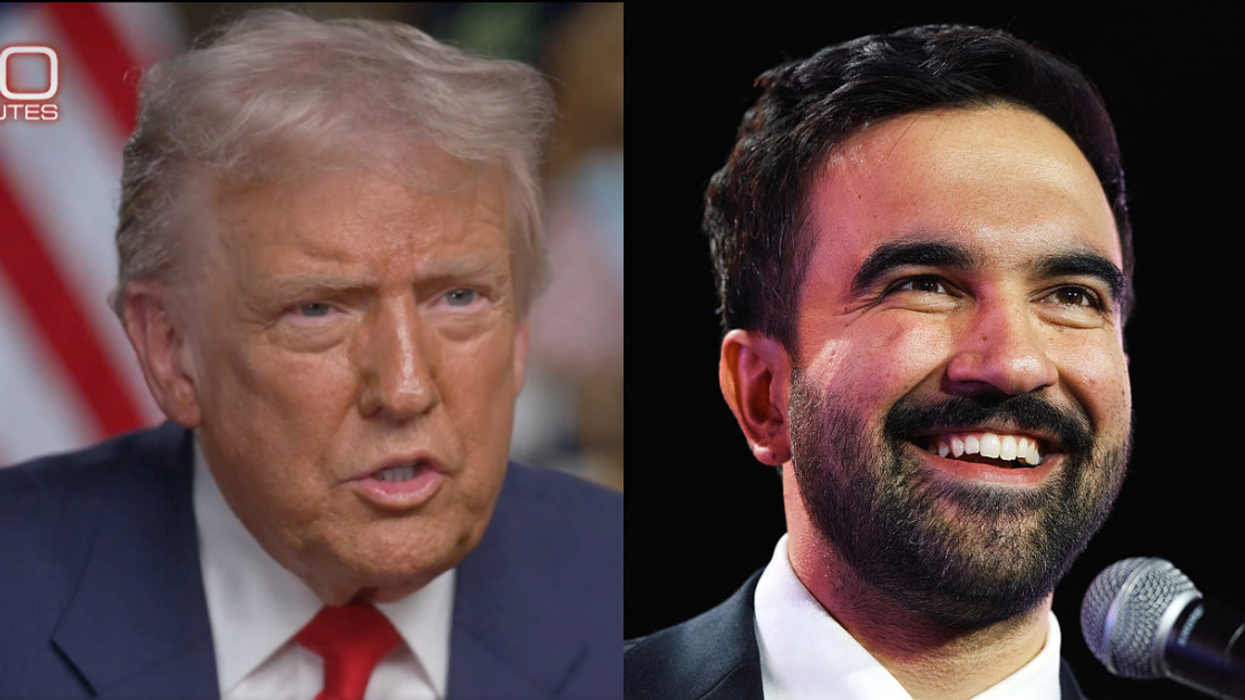
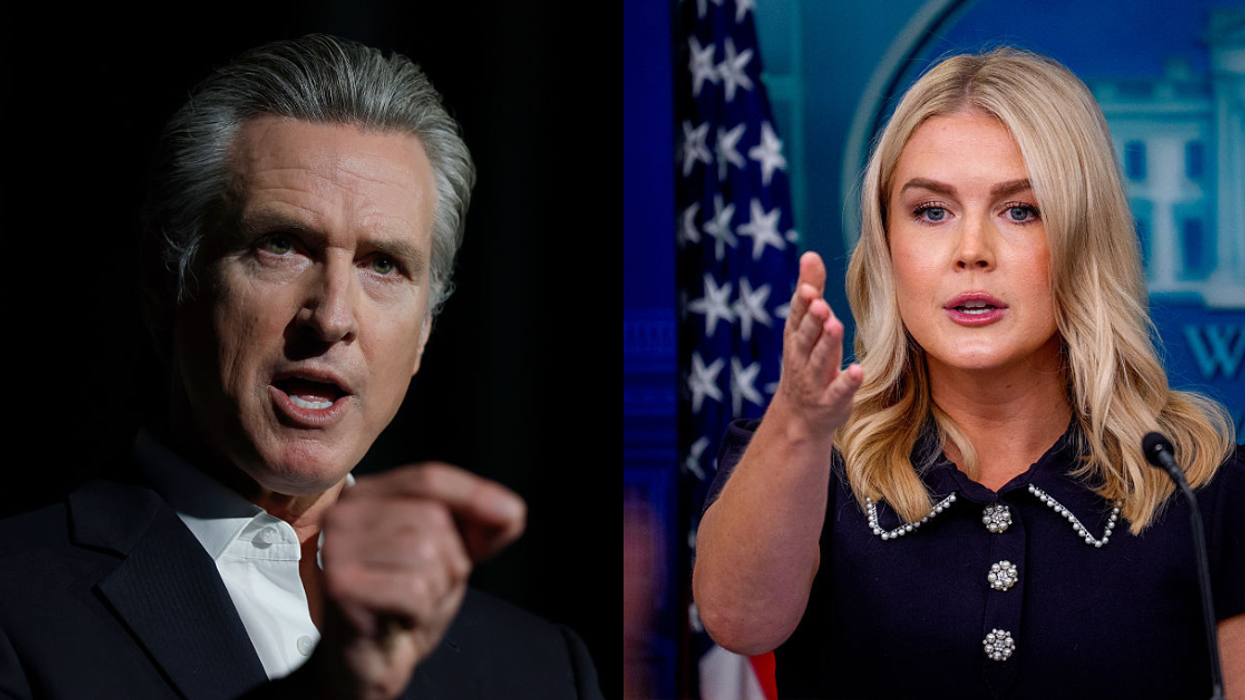
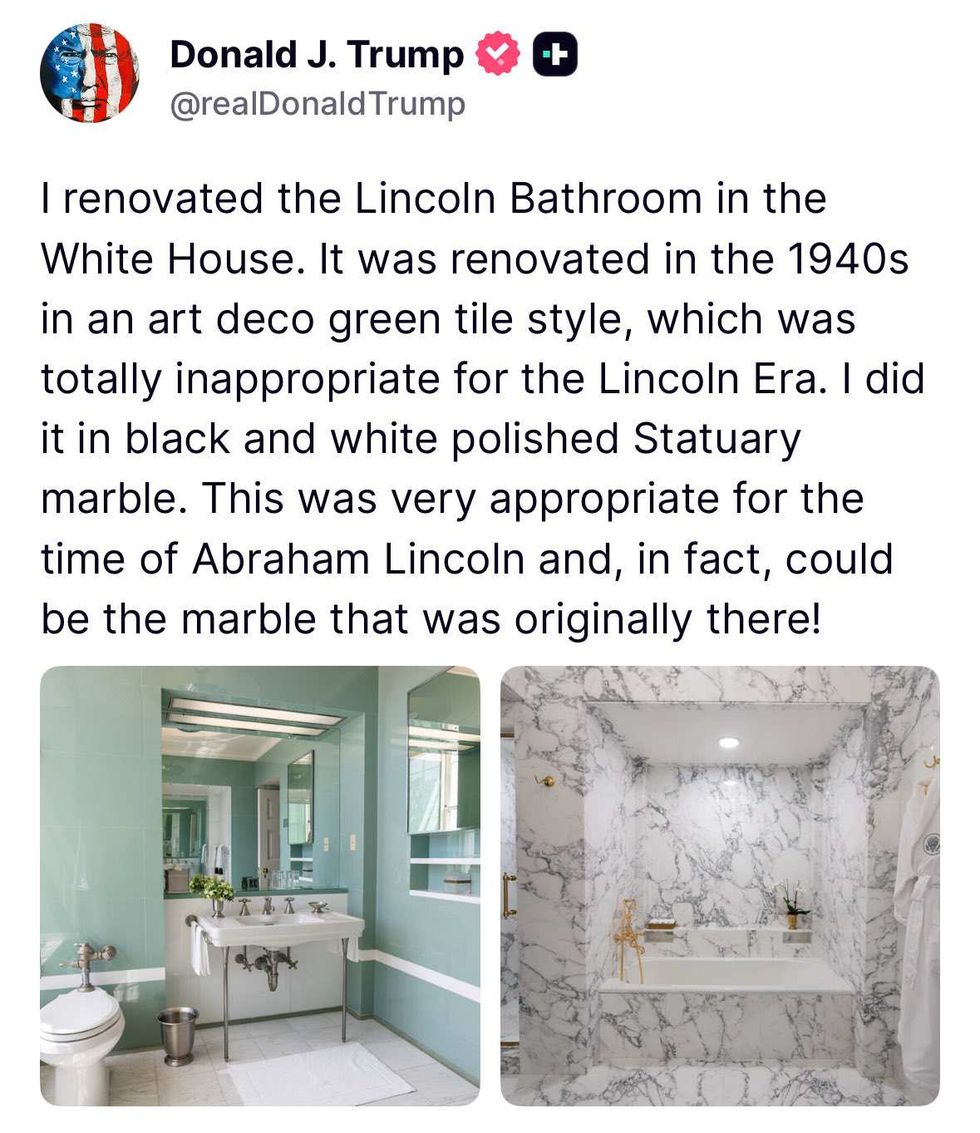 @realDonaldTrump/Truth Social
@realDonaldTrump/Truth Social
